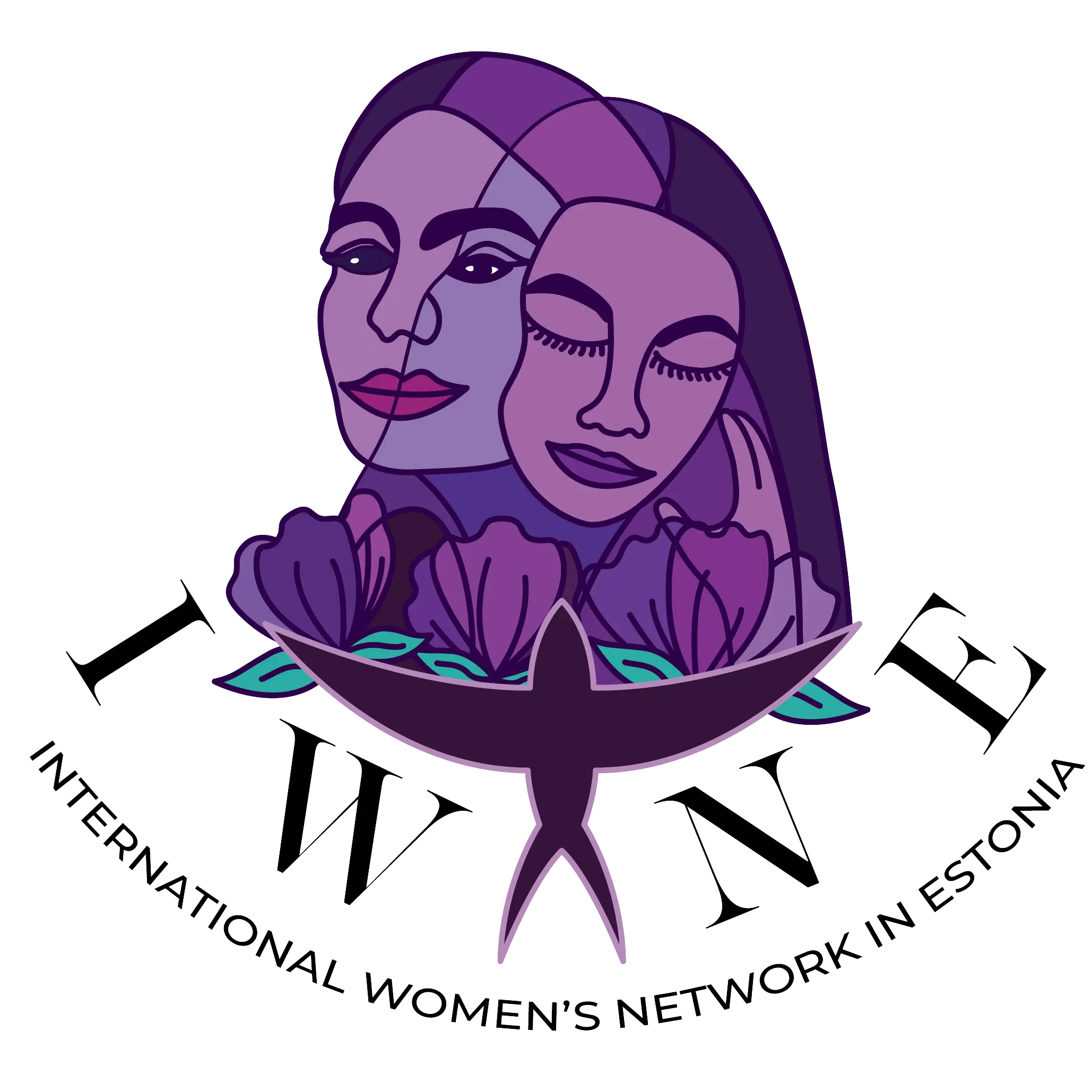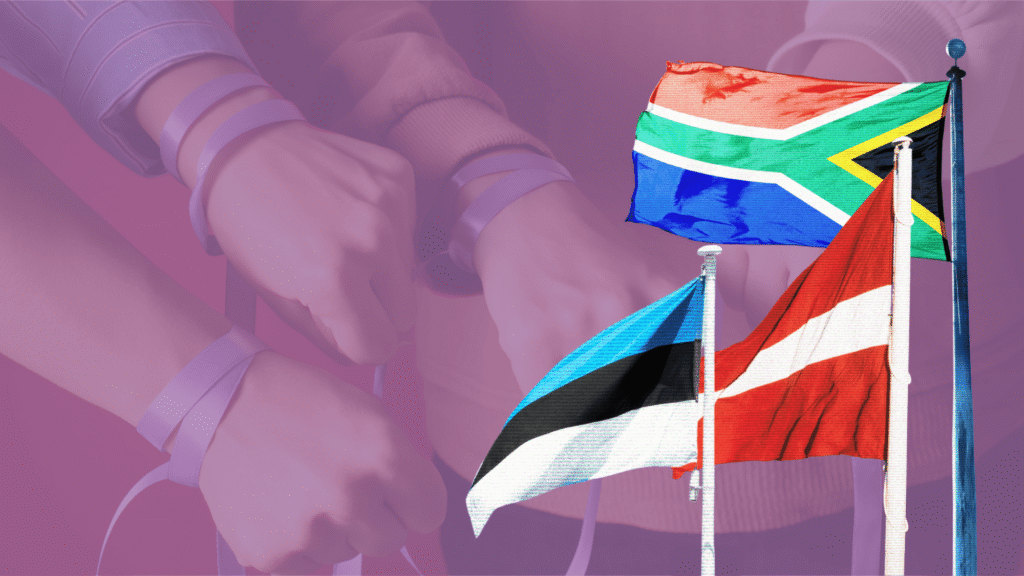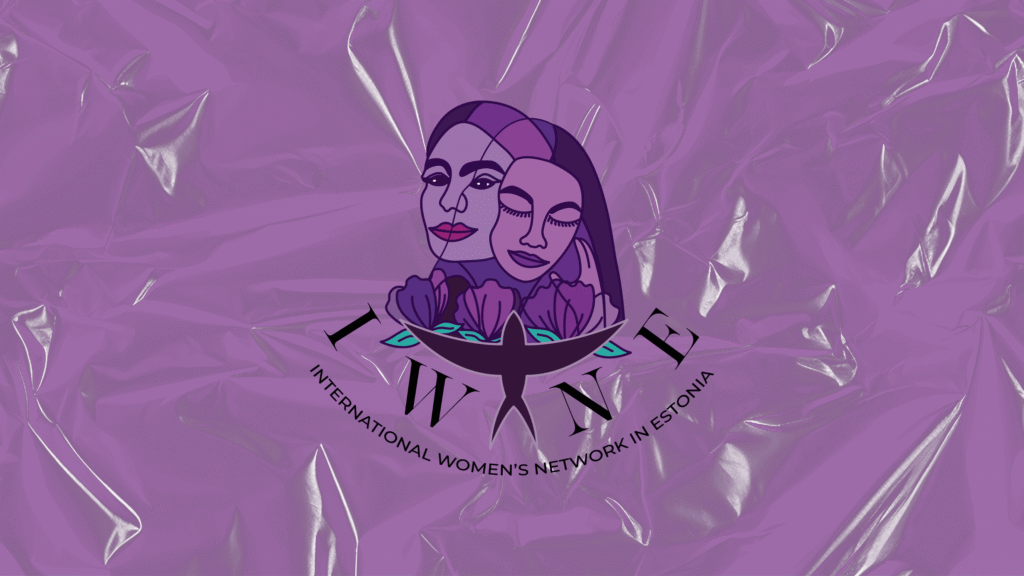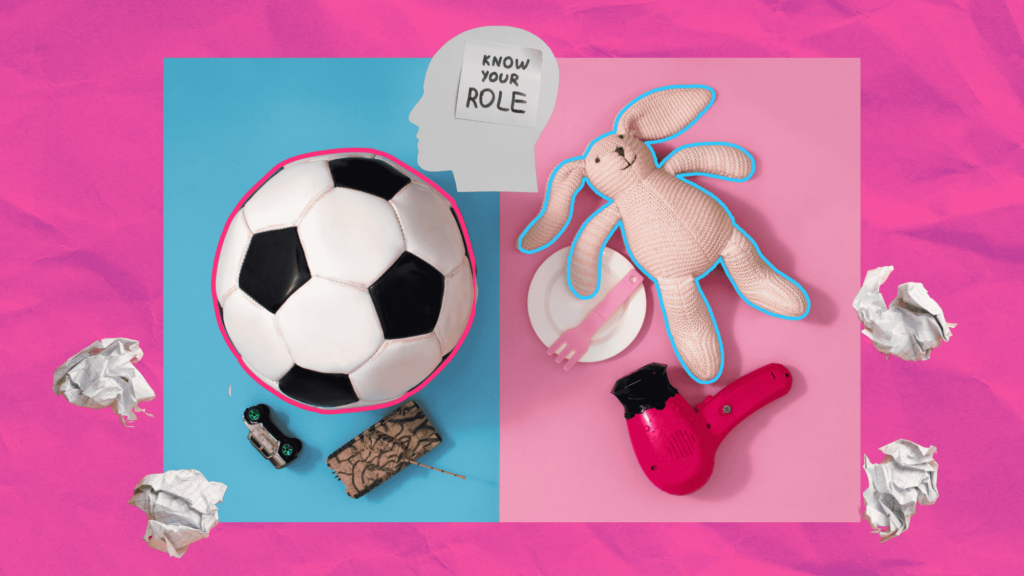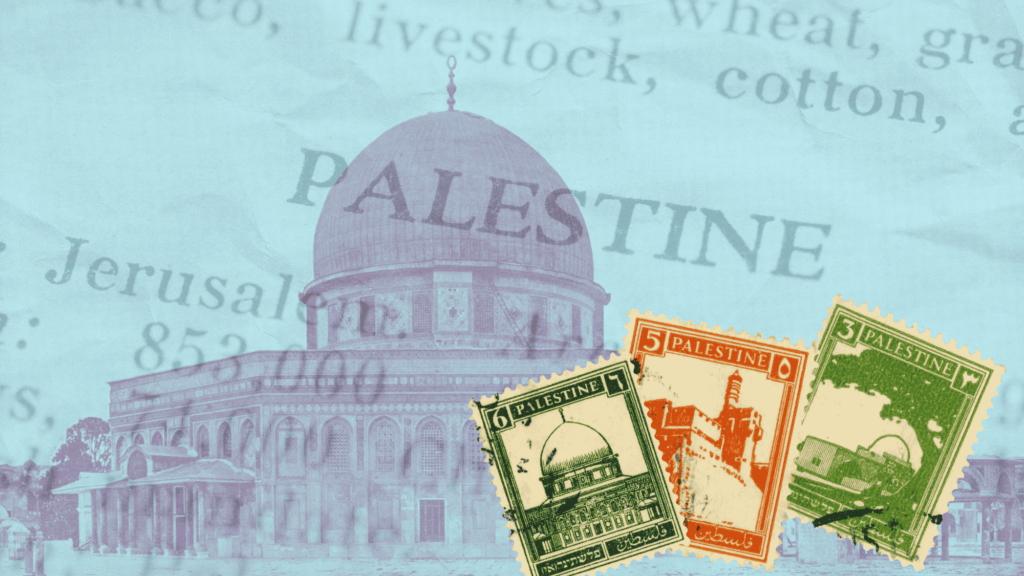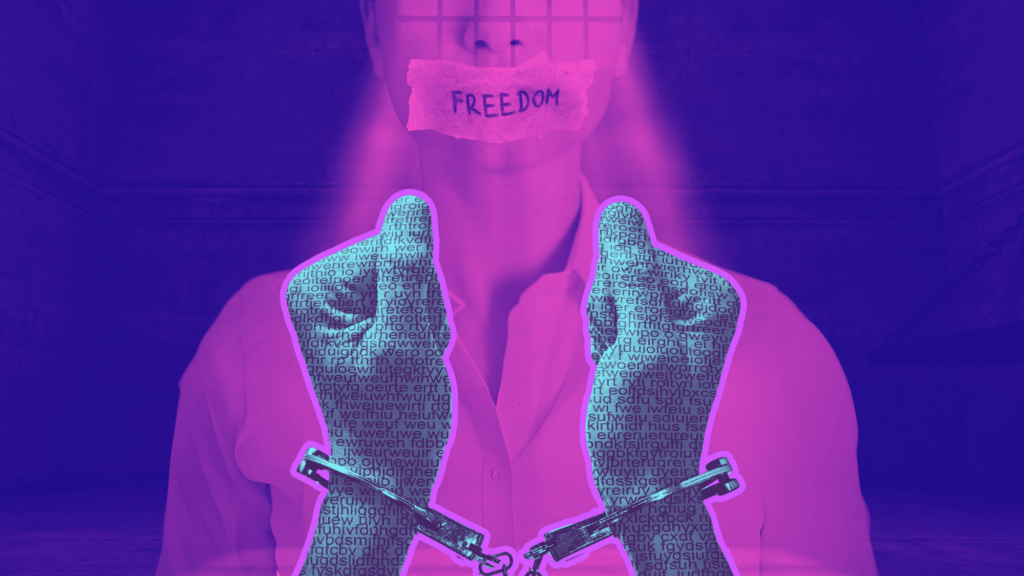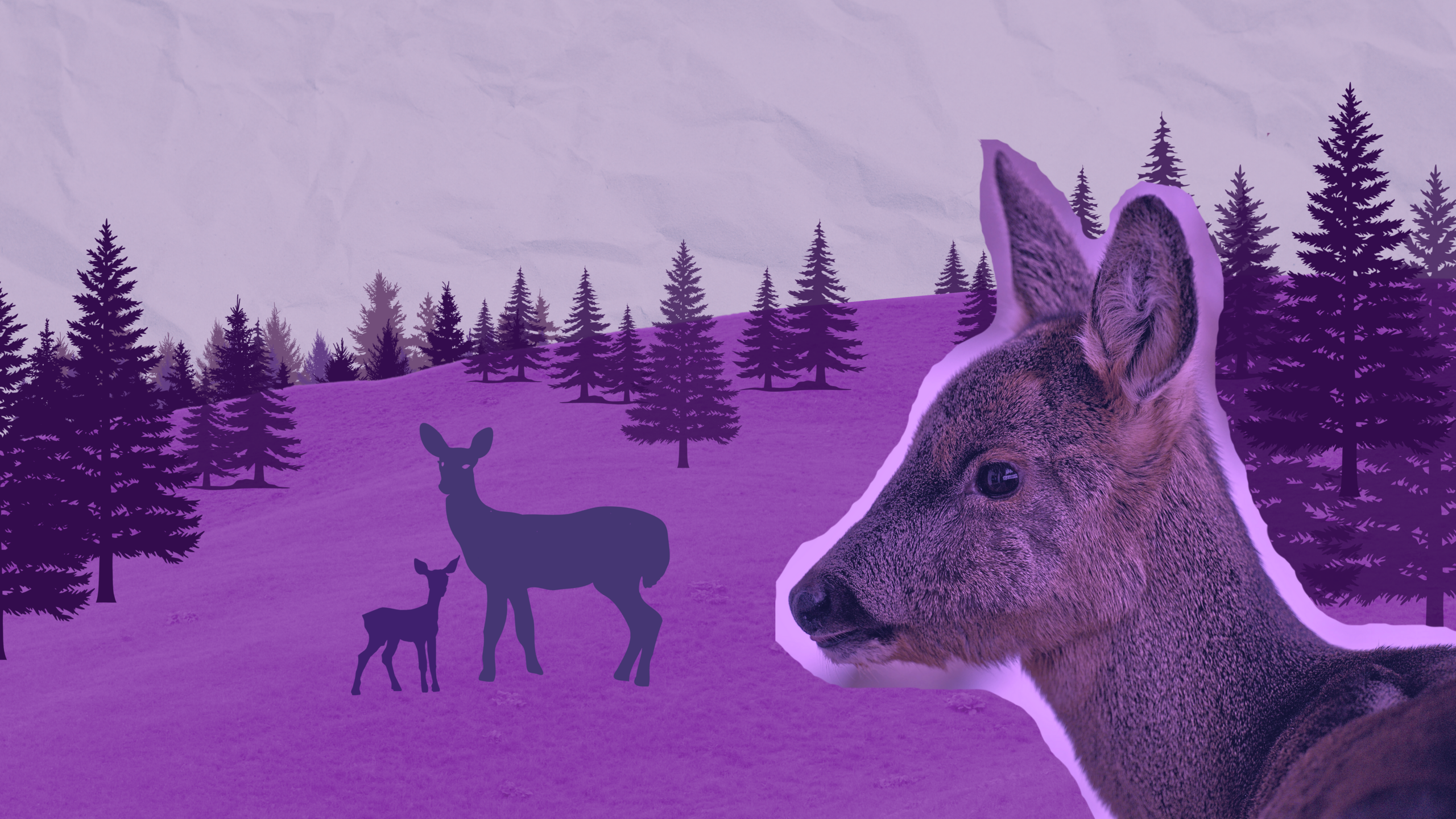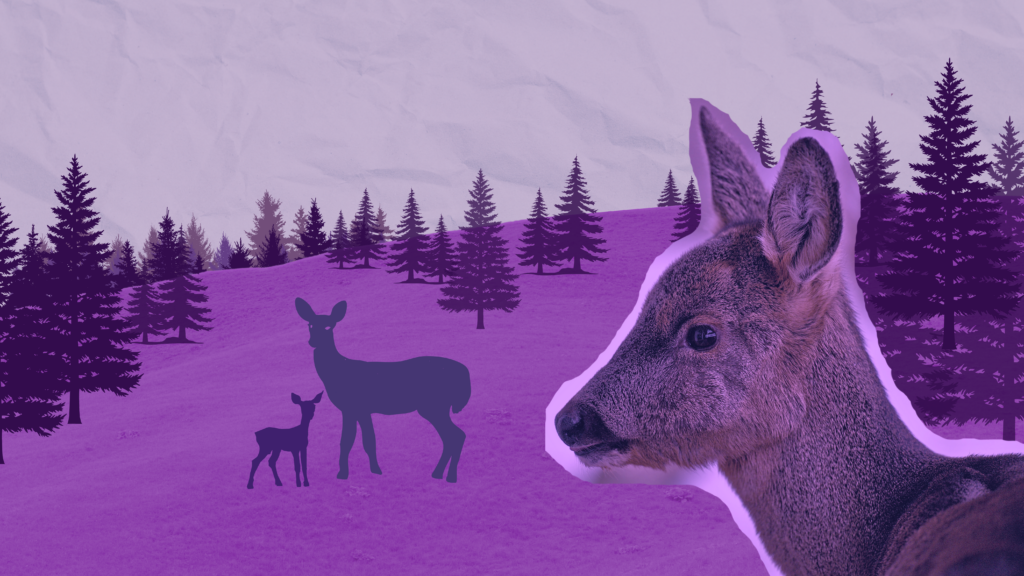
Beauty and Charming: A Woman’s Natural Place
‘Nature’ has often been, historically, invoked to justify mistreatment of women. Whether it has been ‘a woman’s nature’ or ‘the natural role of a woman’, curiously, more often than not, these interpretations of ‘a woman’s natural place’ have rarely been founded upon actual wildlife observations. The way I perceive natural processes, a female is at the centre of all social and political activity. Females’ needs and preferences (where she wants to live, how and with whom), largely determine the species’ distribution, ecology, behaviour, and evolution. In most if not all mammal and bird species, male evolution and social activity are nothing but adaptations to what the females want. In fact, males must be so well-adapted as to predict females’ wishes and anticipate them. Males do not wait to be ‘bossed around’ or told what to do. Since a young age, they attune their bodies and minds to perceive the female’s condition. If a male cannot predict what the female wants, he is, to an extent, pushed to society’s margins, for the simple reason that societies tend to form and revolve around females (or female-favoured habitats and resources). And if the male does not know what females fancy, he cannot find
